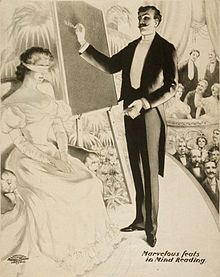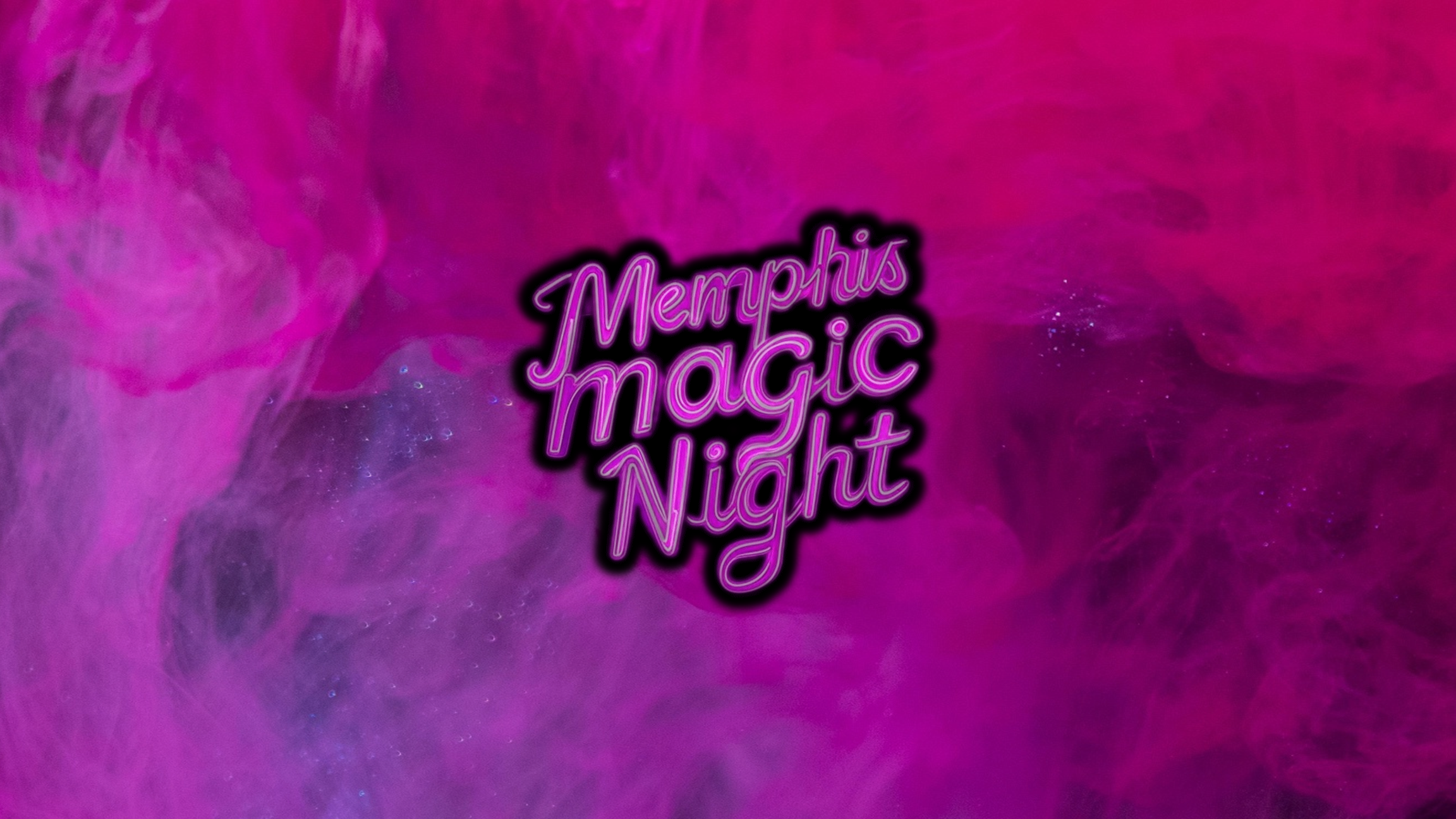My clients know that I perform a variety of illusions in different genres, depending on the specific needs and character of their event. Many of them have encountered the term “mentalism” in conversations with me, or they’ve heard it from others, or they’ve seen the popular show The Mentalist on CBS. Many people still approach me with the question: just what is mentalism, anyway?
Per un trattamento adeguato una soluzione efficace c’è e consiste nell’utilizzare delle pillole davvero ottime come ad esempio quelle di cialis generico in farmacia senza ricetta pagamento alla consegna che in pratica è la versione economica commercializzata dalla sua casa produttrice che risponde al nome di Lilly. Il suo principio attivo Tadalafil ha l’effetto sicuro per, attenzione, intere 36 ore, il che è moltissimo per le medicine di questo tipo.

Mentalism, simply put, is the branch of illusion arts that deals with psychological experiences more than visual ones, though there is sometimes some overlap. Mentalists present their audiences with experiences that seem like mind-reading, mental influence, predictions of future events, and occasionally the ability to move or affect physical objects with the power of the mind.
Modern mentalism has roots in ancient times, where soothsayers and mediums performed acts that would be related to some kinds of mentalism today. In the 1800s, psychic entertainers became popular and some of the feats they performed would still be part of any mentalism performance today.
Some mentalists strongly resist any comparison to magicians, preferring to think of the art as an entirely separate one with no pretended “supernatural” elements. Given that some mentalists have overtly made claims of “supernatural gifts” as the source of their abilities, that distinction holds little sway. Another common approach to performing mentalism today is to offer it in the context of using highly developed observational skills and an ability to read body language as the theatrical premise for the performance. This premise is, however, sometimes largely an illusion in its own right. It is generally a contrivance intended to persuade audiences that what they are experiencing is less a theatrical experience and more an actual ability to perceive people’s specific thoughts. While this claim is not supernatural in nature, in my view it is only slightly less dishonest.
My personal approach to mentalism is to recognize it for what it really is: a truly mystifying branch of the illusion arts focused on experiences of the mind. Just as a skilled sleight-of-hand artist can make a coin appear to melt into nothingness, a skilled mentalist can seem to make a thought appear in your mind. The first illusion is visual; the second is psychological. They rely on some techniques that are similar, and some which are different. Likewise, the performer who makes a tiger appear on a stage relies on some techniques that are similar, and some which are different. All of the experiences are illusions to an audience.
It can be fun to leave the line between reality and performance a little blurry for an audience. When that blurred line becomes a means by which someone attempts to sell products or services through the perception that the theatrical premise represents legitimate expertise on the part of the performer, then another line is also being blurred: the line between honest performer and scam artist.
Interestingly, when the television show The Mentalist premiered, the Atlanta CBS affiliate contacted me about coming on the news for a feature on “Atlanta’s Real Life Mentalist.” In that segment they profiled me and my work as a speaker and mentalist. The interview itself is linked just below the image. Enjoy!

[youtube https://www.youtube.com/watch?v=PFl0fCs5wG0&w=420&h=315]




One Response
Addendum
While this blog generated no online comments, it did apparently generate a bit of offline private discussion among some friends and colleagues over the past few weeks. I’d like to take a moment to address a couple of questions that were recently shared with me by a friend.
The content of this blog post, as with most of my articles, was outlined well before it appeared. The original motivation was – as explained in the beginning of the article – a desire to answer continuing questions from my friends and colleagues about this particular branch of the illusion arts. As with everything that appears on my blog, it’s simply my perspective on a topic of interest in the entertainment or business spheres.
Remember that the article is an affirmation of the entertainment value of a particular entertainment genre. While there were a couple of cautionary observations in the mix, they were limited to people who deliberately misrepresent their work. Obviously this does not extend to everyone who performs magic, mentalism, or any other theatrical art. There are plenty of performers in the magic, mentalism, and other illusion arts who do not misrepresent what they can (and cannot) do for their clients, and I am pleased to call many of them my friends. I regularly see and interact with them in professional and social contexts, both locally and at conferences around the world.
My observations about misrepresentations clearly would not apply to people who have legitimate degrees, real certifications, or other substantive training at the core of their offerings. It seems obvious to state it like this, but let me do so to make it clear. Services which are based on genuine credentials, genuine expertise, and genuinely learnable and teachable skills are clearly not included in the category about which I was cautioning.
What all this means, ultimately, is that credibility matters. When evaluating entertainers or service providers of any kind, it is always wise to check references and to examine credentials to see whether claims about education, training, expertise, and real-world results are legitimate. I know many great people who can and do have those kinds of skill sets and can back up their claims. When my colleagues within the “legit” category deliver excellent services, it elevates the overall perception of all the unusual services we offer, and that is a great thing for all of us. Sadly, we all know that there are examples to the contrary – indeed, examples abound in every industry. It is in regard to those that the advice to dig deeper is intended.
Finally, thank you to all of the great people who apparently read my blog but who have never mentioned it to me! It’s nice to know that for some reason, you have decided to dedicate some of your attention to my thoughts. In a media environment where so many ideas constantly compete for attention, it is gratifying to know that I have yours, even briefly. Again, my sincere thanks – and if you have comments or questions, please feel free to contact me with them! I’d love to hear from you directly.